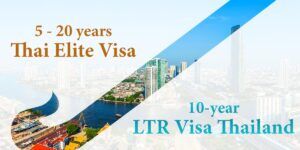Thailand Visas

90-Day Reporting Step-by-Step
Managing Thailand’s immigration requirements can feel a bit overwhelming, especially if you’re planning to stay long-term. One important rule to remember is 90-day reporting, which requires foreigners staying in Thailand for over 90 days to keep Thai Immigration updated on their current address. Staying on top of this process helps you keep your legal status […]
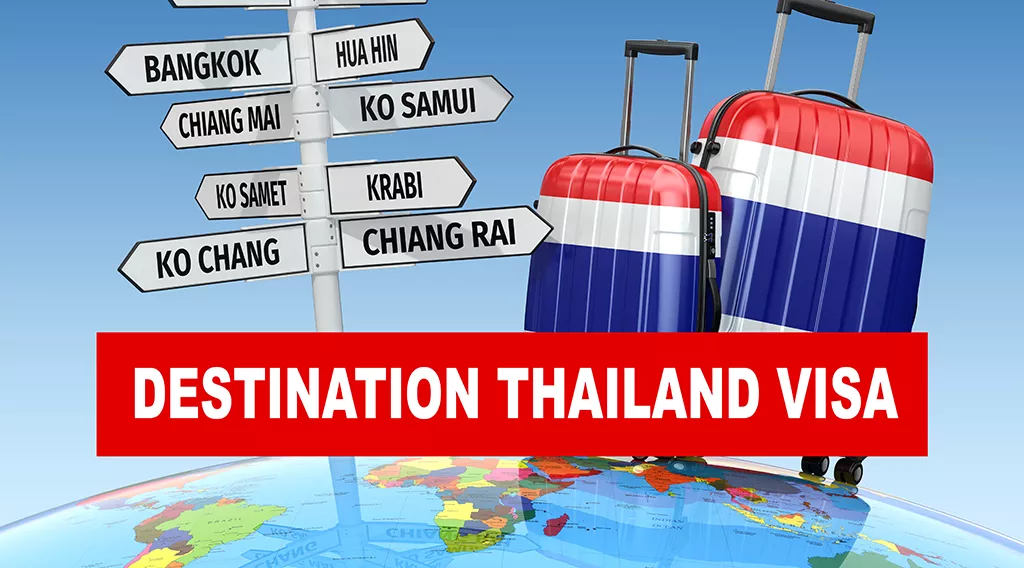
How to Get a Destination Thailand Visa in 2025
In 2024, the Thai government introduced the Destination Thailand Visa (DTV Visa Thailand) to encourage more tourists to visit Thailand and boost its economy, which is great news for foreigners looking for a simpler long-term immigration solution. Obtaining this long-term visa will offer you a straightforward and affordable way of staying in Thailand without the […]

Thai E-Visa System: Now Available Everywhere in the World!
Starting January 1, 2025, travelers to Thailand can now enjoy a simpler visa application process thanks to the global expansion of the Thai E-Visa system. Announced by Thailand’s Minister of Foreign Affairs, H.E. Mr. Maris Sangiampongsa, this system enables tourists and expats alike to apply for their Thai visas online, eliminating the need to visit […]
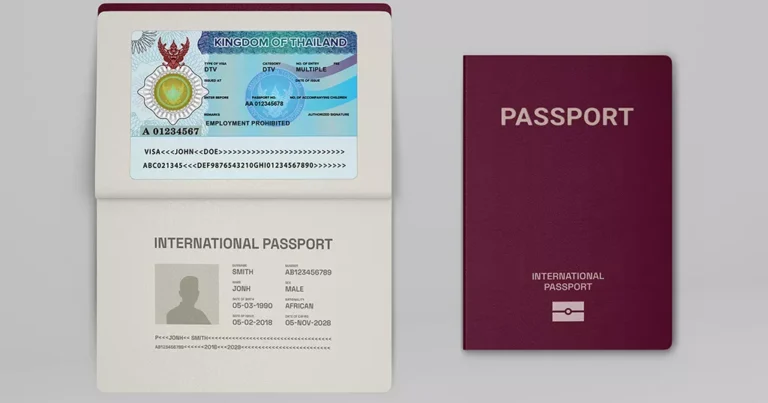
How to Get a Destination Thailand Visa in 2025
If you want to stay in Thailand long-term as a remote worker, freelancer, or frequent visitor, the Destination Thailand Visa is a cost-effective choice. This visa allows unlimited entries over five years, with each visit lasting 180 days. Plus, you can extend your stay once per entry, making it possible to remain in Thailand for nearly a year. In 2025, there are a few key changes to be aware of before applying. After the uncertainty following the visa’s launch, certain requirements have been clarified, and new ways to apply have been introduced. If you’ve been on the fence about the DTV, this new information may change your mind. What is the Destination Thailand Visa? The Destination Thailand Visa is a long-term visa for remote workers, freelancers, and individuals interested in Thai cultural experiences. It remains valid for five years and grants multiple entries into Thailand. Each visit allows a stay of up to 180 days, with the option to extend for another 180 days per entry by paying a 1,900 THB extension fee. This visa does not grant permission to work for a Thai company or apply for a Thai work permit. However, you can work remotely for an overseas
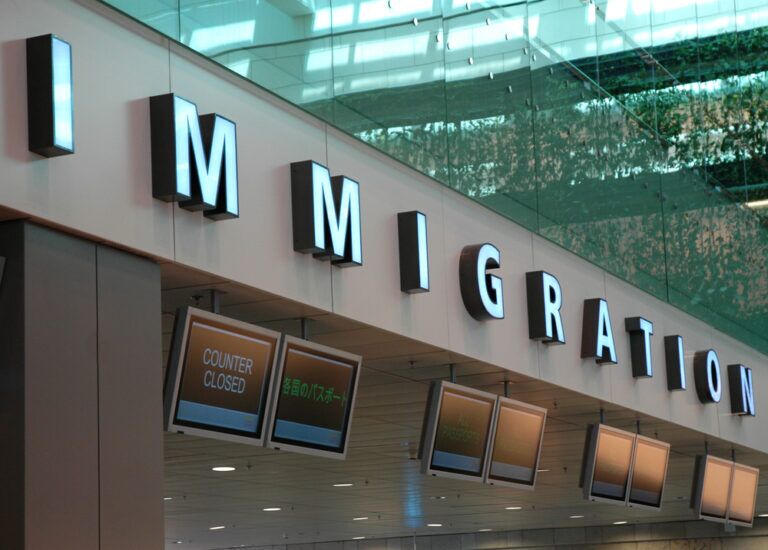
TM6 Form Returns in 2025 as the TDAC: Thailand Digital Arrival Card
If you’re planning a trip to Thailand this year, get ready for a change at the border. Starting May 1, 2025, all travelers must complete an online TM6 immigration form before entering the country to improve tracking of foreigners and safety for tourists. This digital form replaces the old paper version, which was scrapped last year, and will be called the Thailand Digital Arrival Card (TDAC). At the same time, Thailand has decided to delay the 300-baht tourism tax and the Electronic Travel Authorization (ETA) system. The government wants to make sure the TM6 system works smoothly before adding any new requirements. Here’s what you need to know about these updates. What Is the TM6 Form and Why Is It Back? The TM6 form is a document all foreign visitors must complete before arriving in Thailand. Airlines used to hand out paper forms for you to fill out before landing, but that system ended in April 2024 to pave the way for a digital system. Now, Thailand is reinstating the form in a digital format. Officials say this will help track tourists more efficiently and strengthen security. Concerns about criminal activities, including reports of kidnappings and human trafficking, have been
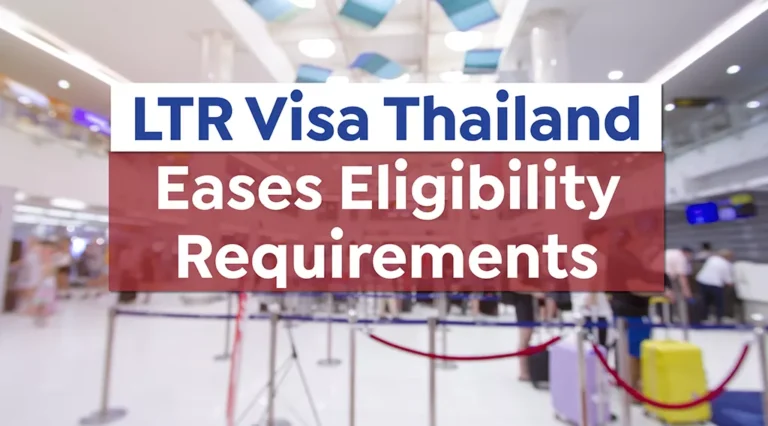
LTR Visa Thailand Eases Eligibility Requirements
Multiple changes have been approved by the Thailand cabinet that will make 2025 the perfect year for you to secure an LTR Visa Thailand (Long-Term Resident Visa). These amendments make the LTR Visa simpler and easier to qualify for. Skilled working professionals, investors, and high-income earning foreign nationals can acquire this visa. This article will examine the various changes that will be implemented this year and how they will make it easier than ever for you to acquire one of Thailand’s most flexible visas and benefit from the exclusive family, employment, and tax privileges it provides. What is the LTR Visa? The LTR Visa is a long-term visa allowing you to stay for up to 10 years in Thailand. It boasts numerous benefits to facilitate settling long-term in the country such as tax exemptions and special work permit privileges. You can apply for the visa through one of four different streams, with each one intended for a particular background and having unique eligibility criteria: Wealthy Global Citizens: for high-income earners and wealthy foreigners with at least $1 million in assets. Wealthy Pensioners: for retirees over the age of 50 with passive income or a pension. Work-From-Thailand Professionals: for remote workers










